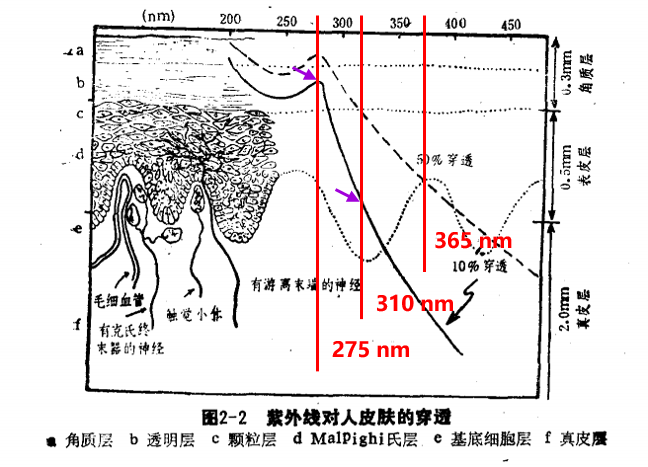Document Center
Deep UV LED
Product trends
Establishment of product document library on February 15, 2020
March 17, 2020 new 3MW monochromatic lamp beads on the market
On June 15, 2020, the name of deep purple scientific and technological products will be adjusted significantly
August 17, 2020: Shenzhen purple Technology Co crystal lamp bead products on the market
Product introduction
quick get start
Practical cases
exception handling
common questions
What is the effective irradiation distance of uvc-led?
Does deep UV uvc-led produce ozone during operation?
Does UVC have harm to human body and how to protect it?
How to choose the window material for deep UV LED applications?
Can deep ultraviolet decompose formaldehyde?
How far is the propagation distance of uvc-led in water?
Effective sterilization range of deep UV uvc-led?
How to test the luminous angle of lamp bead quickly?
Five factors affecting the disinfection or sterilization effect of deep UV LED
Why does uvc-led have color difference?
Is uvc-led driven by constant voltage or constant current?
Does UVC have harm to human body and how to protect it?

This is a classic problem, UVC deep UV is not harmful to human skin, but it is harmful to human eyes. About 97% of UV light at 275 nm wavelength of typical uvc-led will be absorbed by cuticle of human skin, more than 99.9% of UV light will be absorbed by cuticle and epidermis, and a small part of light will hit dermis. Ultraviolet rays only act on the dermis can cause skin cell canceration. Therefore, it is generally believed that UVC ultraviolet has little effect on human skin. Of course, baby skin, including some human skin cuticle is thinner, UVC ultraviolet resistance is also worse. The human eye has no cuticle protection. UVC ultraviolet radiation will cause lens and corneal lesions. Therefore, it is forbidden to look directly at the lighted uvc-led beads.
The shorter the wavelength of light, the worse the penetrability, which is determined by the wave particle duality of light. Of course, when it comes to matter, it's also about absorption. Does UVC deep ultraviolet have harm to human body? One of the easiest answers is, yes, don't be exposed to UVC. But in fact, there is a big misunderstanding, that is, UVA, such as 365, 385, 395, is very harmful to human skin, because this wavelength of ultraviolet can penetrate into the human dermis, causing skin cell cancer.
But UVC ultraviolet rays, such as 275nm, travel much shallower in the adult epidermis. After penetrating the stratum corneum, more than 97% of the energy will be absorbed, and finally the energy penetrating into the dermis is is not even 0.1%. Therefore, to be precise, UVC deep UV is not harmful to human skin, and eyes without stratum corneum are more dangerous. Of course, no matter how weak the long-term exposure to light on the human body is also harmful.
Therefore, do not blindly fear UVC deep ultraviolet, because the skin damage can be ignored in a short time; do not try to risk yourself, staring at the LED will definitely lead to eye injury.
